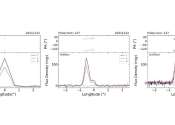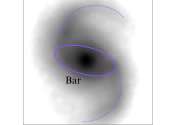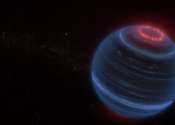Research investigates radio emission of the rotating radio transient RRAT J1854+0306
Using the Five-hundred-meter Aperture Spherical radio Telescope (FAST), Chinese astronomers have investigated radio emission from a rotating radio transient known as RRAT J1854+0306. Results of the study, published April ...









